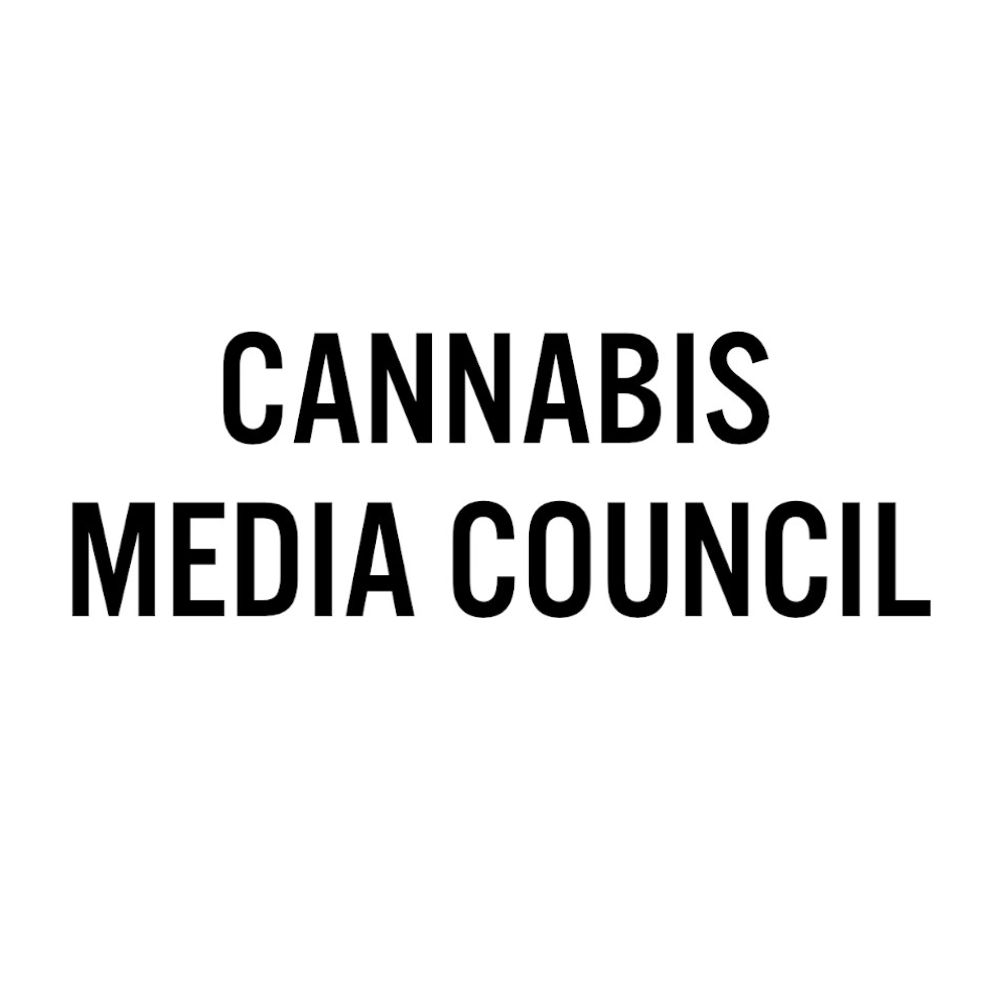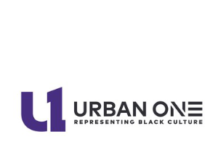
The Cannabis Media Council, a think tank aimed at the consumer cannabis sector, recently released its official guide for ethical cannabis marketing. The move comes amidst rising cannabis advertising budgets in response to loosening cannabis, hemp, and CBD regulations. But will radio ever see that green?
Twitter’s recent revision of its cannabis advertising policy has led to an influx of cash as multiple states change their laws around the substance. Advertising revenues in North America’s cannabis sector are projected to increase from $2 million this year to $2.5 million in 2024, according to Statista.
The council’s guidelines cover all aspects of responsible cannabis advertising, such as compliance with legal mandates, best practices for novice marketers, information about potential media partners and publishers, and guidance for effectively working with paid influencers. They also urge fact-based advertising, prohibition of ads near places of worship or schools, and inclusion of diversity in ads to reflect the cannabis community.
The council’s guidelines, drafted by Cannabis Media Council Board Member and marketing consultant Rachel Boykins, are intended to establish industry standards, though they are not mandatory. The guidelines are inspired by advertising standards in other industries with regulatory restrictions, such as the alcohol and pharmaceutical industries. While they do not mandate compliance, they could serve as a universal standard for cannabis brands to follow alongside state-specific regulations.
Cannabis Media Council’s guidelines are also aimed at supporting start-ups in the cannabis industry who may lack prior marketing experience. As the marketing of cannabis gains momentum, the guidelines are expected to evolve.
Of course, cannabis is still a Schedule I drug to the US Federal government, which does supercede the Cannabis Media Council when it comes to radio. Radio Ink asked broadcast attorney Frank Montero of Fletcher, Heald, and Hildreth what effect these new guidelines could have, and what radio stations need to consider.
“I think the adoption of ethical marketing standards for cannabis is admirable,” said Montero. “However, broadcasters, in fact all advertiser-driven businesses need to remember that marijuana remains an illegal controlled substance under Federal law and, more importantly for those businesses, the publication of announcements advocating the use of illegal controlled substances is itself a potential felony under Federal law. The FCC has stated informally that broadcasters run such ads at their own peril, especially given a broadcaster’s reliance on a Federally-issued license to broadcast. In short, a state law legalizing marijuana or compliance with an ethical marijuana marketing standard, is not a safe harbor.”








